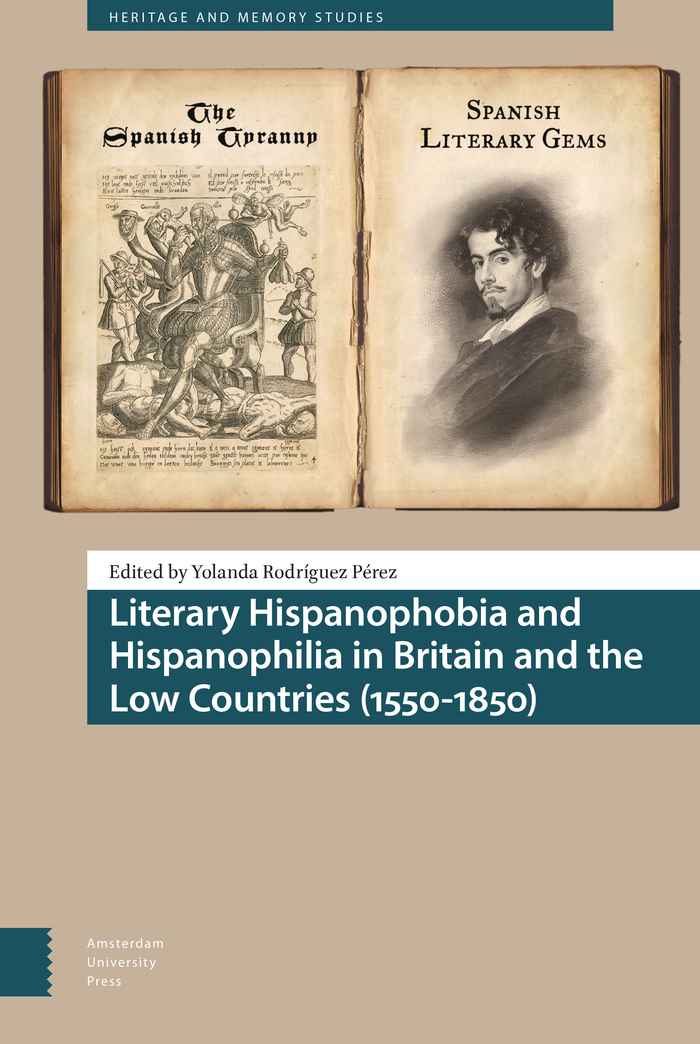Literary Hispanophobia and Hispanophilia in Britain and the Low Countries (1550-1850)
22 januari 2020

However, the image of Spain, its culture and its inhabitants did not evolve inexorably from negative to positive. From the early modern period onwards, it responded to an ambiguous matrix of conflicting Hispanophobic and Hispanophilic representations. Just as in the nineteenth century latent negative stereotypes continued to resurface, even in the Romantic heyday, in the early modern period appreciation for Spain was equally undeniable. When Spain was a political and military superpower, it also enjoyed cultural hegemony with a literary Golden Age producing internationally hailed masterpieces. Literary Hispanophobia and Hispanophilia in Britain and the Low Countries (1550-1850) explores the protracted interest in Spain and its culture, and it exposes the co-existent ambiguity between scorn and fascination that characterizes Western historical perceptions, in particular in Britain and the Low Countries, two geographical spaces with a shared sense of historical connectedness and an overlapping, sometimes complicated, history with Spain.
Publication details
- Title: Literary Hispanophobia and Hispanophilia in Britain and the Low Countries (1550-1850)
- Author: Yolanda Rodríguez Pérez
- Publisher: Amsterdam University Press
- ISBN: 9789462989375